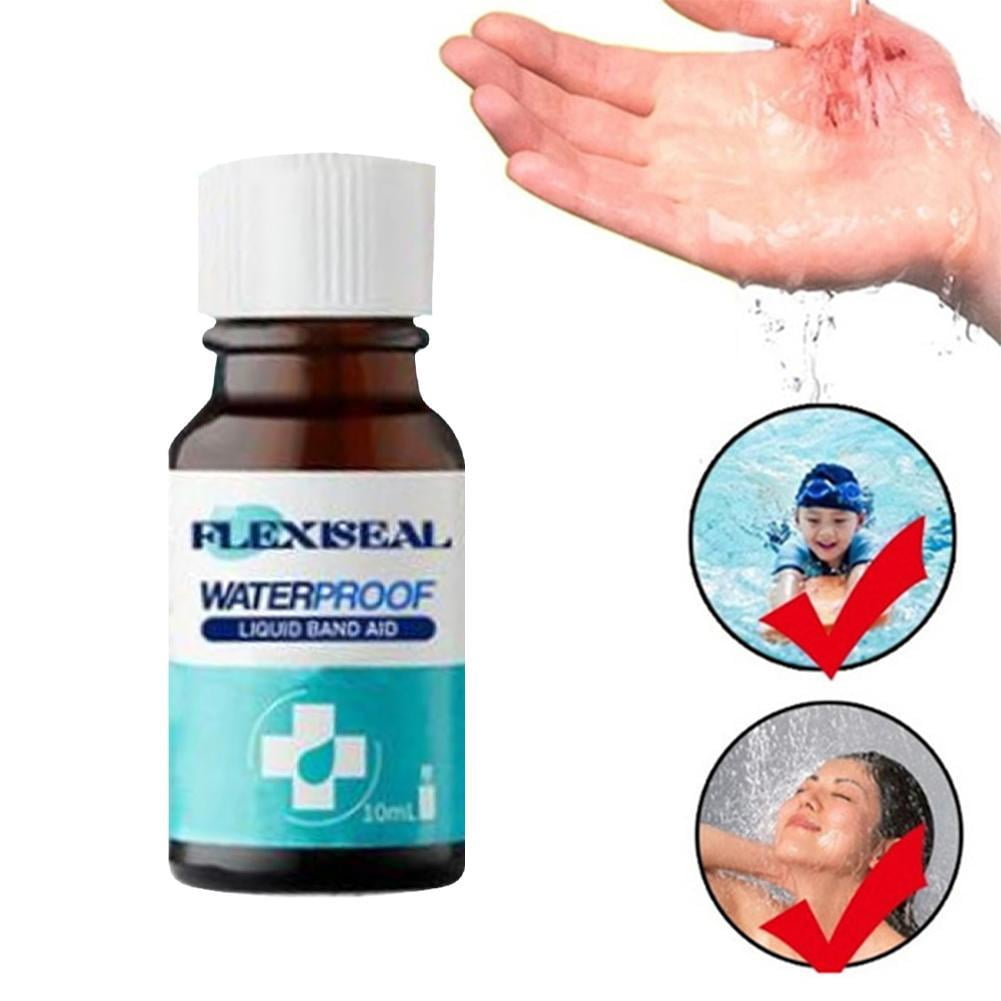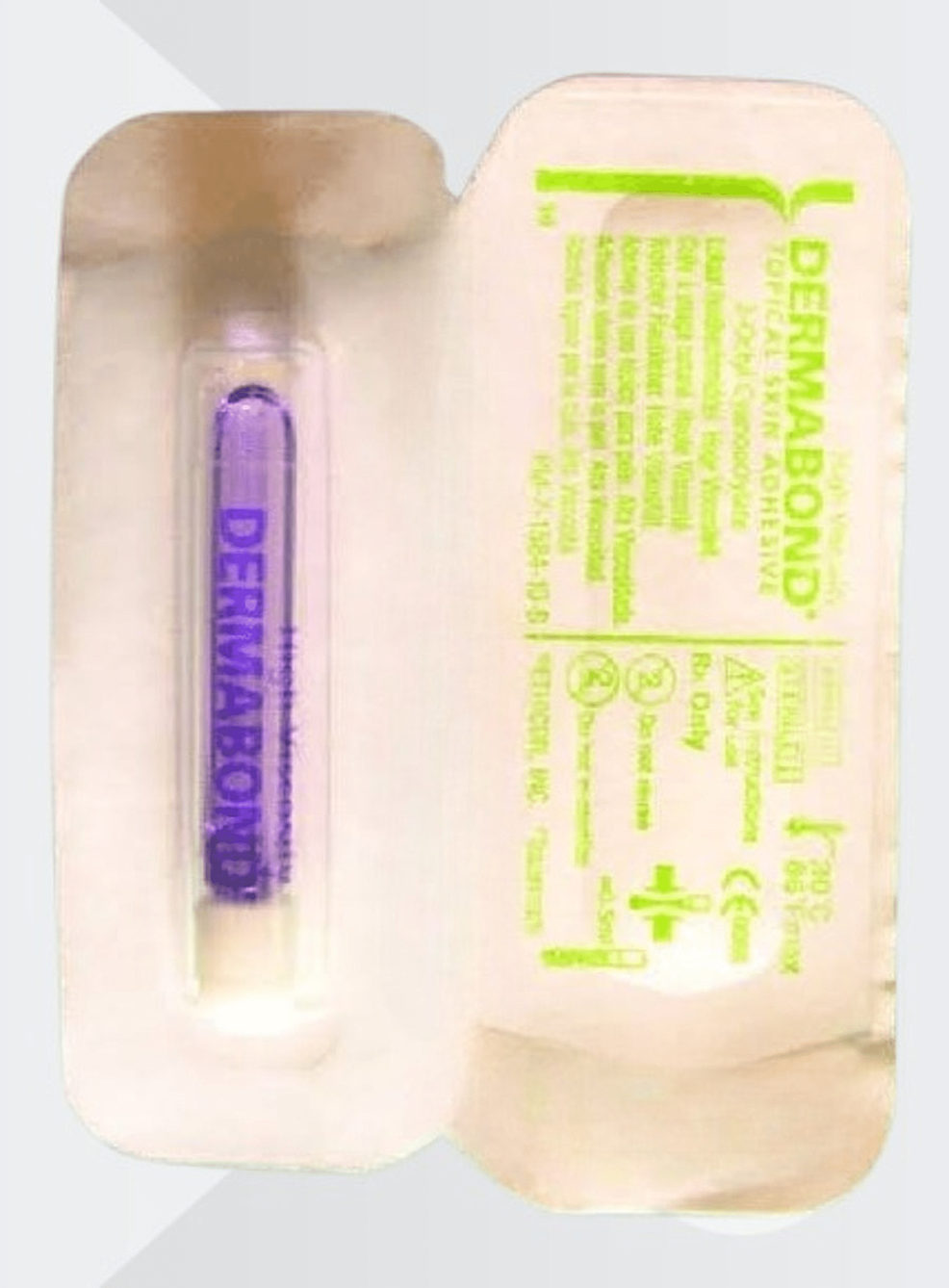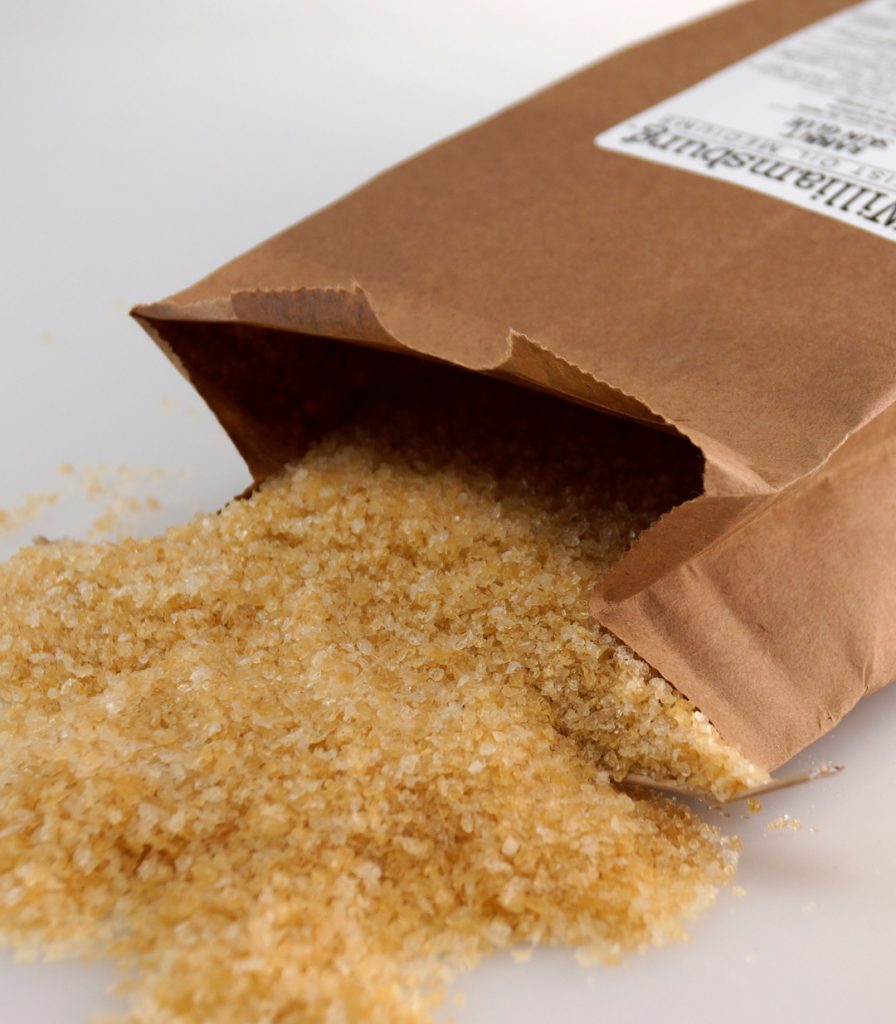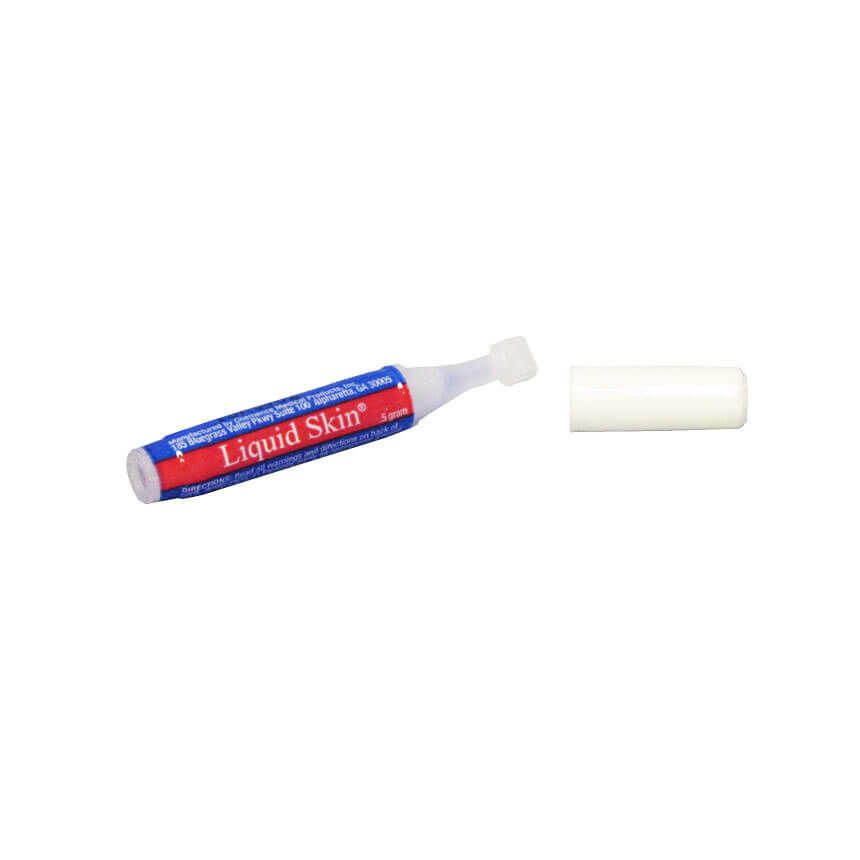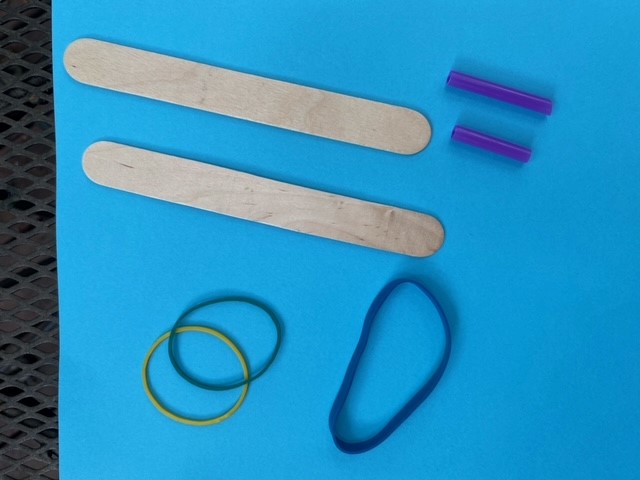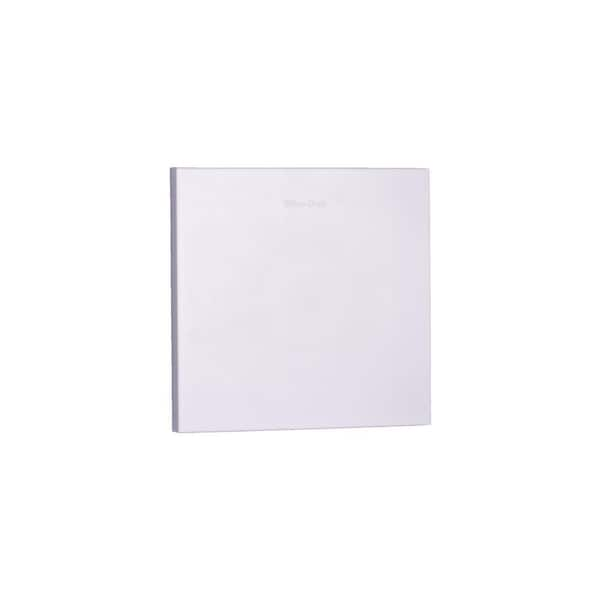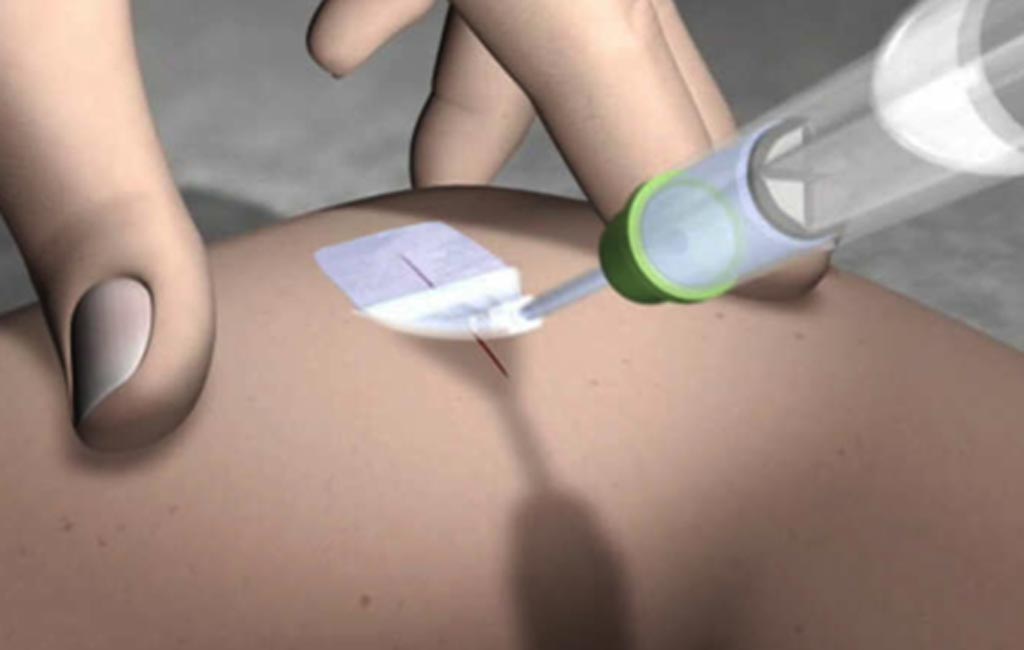
Topical Skin Adhesive Closes Surgical Incisions - Surgical Techniques - mobile.
A novel skin adhesive that offers robust bonding strength, fast sealing, and high flexibility offers an alternative to traditional wound closing techniques.

Tissue adhesives for wound closure - Kong - 2023 - Smart Medicine - Wiley Online Library
Dermabond: Surgical Skin Glue - USA Medical

Topical Skin Adhesive at best price in Jaipur by Bisi International Private Limited

JCM, Free Full-Text
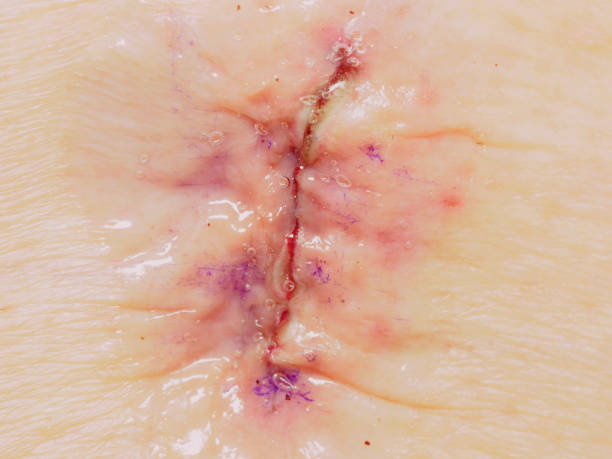
540+ Surgical Glue Stock Photos, Pictures & Royalty-Free Images - iStock

Tissue adhesives for wound closure - Kong - 2023 - Smart Medicine - Wiley Online Library

How To Apply DERMABOND ADVANCED Topical Skin Adhesive Effectively
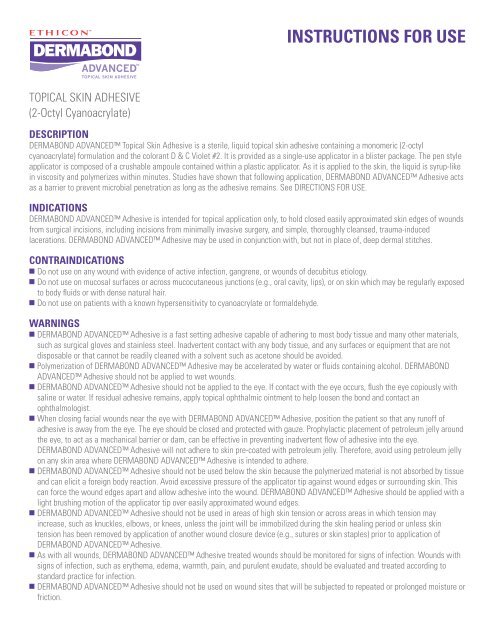
Dermabond Advanced Directions for Use - Delasco

5 Second Vet Use Tissue Adhesive - 3gr Bottle

Wound Care After Surgery: Healing Post Surgical Wounds

McKesson Brand 122-LFC - McKesson Medical-Surgical

Outcomes of Layered Closure and Adjunctive Adhesive Retention Suture Device Use Following Ankle Fracture Open Reduction and Internal Fixation: A Single Center, Retrospective Cohort Study
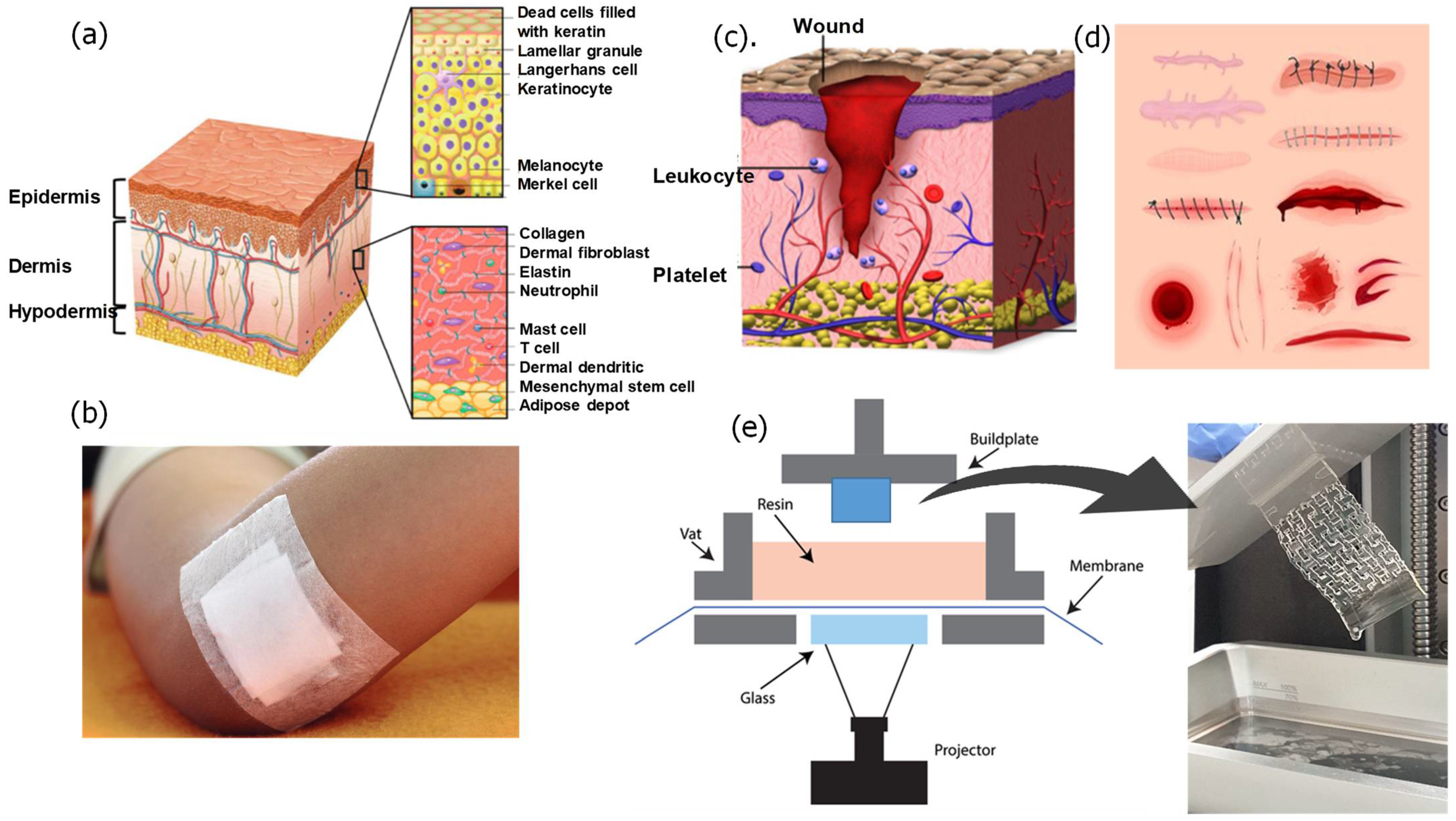
Polymers, Free Full-Text
Advanced Silicone Scar Treatment: Manage old and new closed scars of various types, including hypertrophic, post-acne, keloid, post-surgery, and c-section with our silicone scar tape. Medical Grade-Scar Tape: Made of premium medical grade silicone, this tape helps to reduce the appearance of both old and scars by helping to improve both color and texture of the scar while also smoothing and softening the skin. Wear for at least 6 weeks for new scars and 4 months for old scars.

NUVADERMIS Silicone Scar Tape for Surgical Scars - 120 x 1.5 Roll - Extra Long Scar Sheets for C-Section, Tummy Tuck, Keloid,, Cream

Outcomes of Layered Closure and Adjunctive Adhesive Retention Suture Device Use Following Ankle Fracture Open Reduction and Internal Fixation: A Single Center, Retrospective Cohort Study
